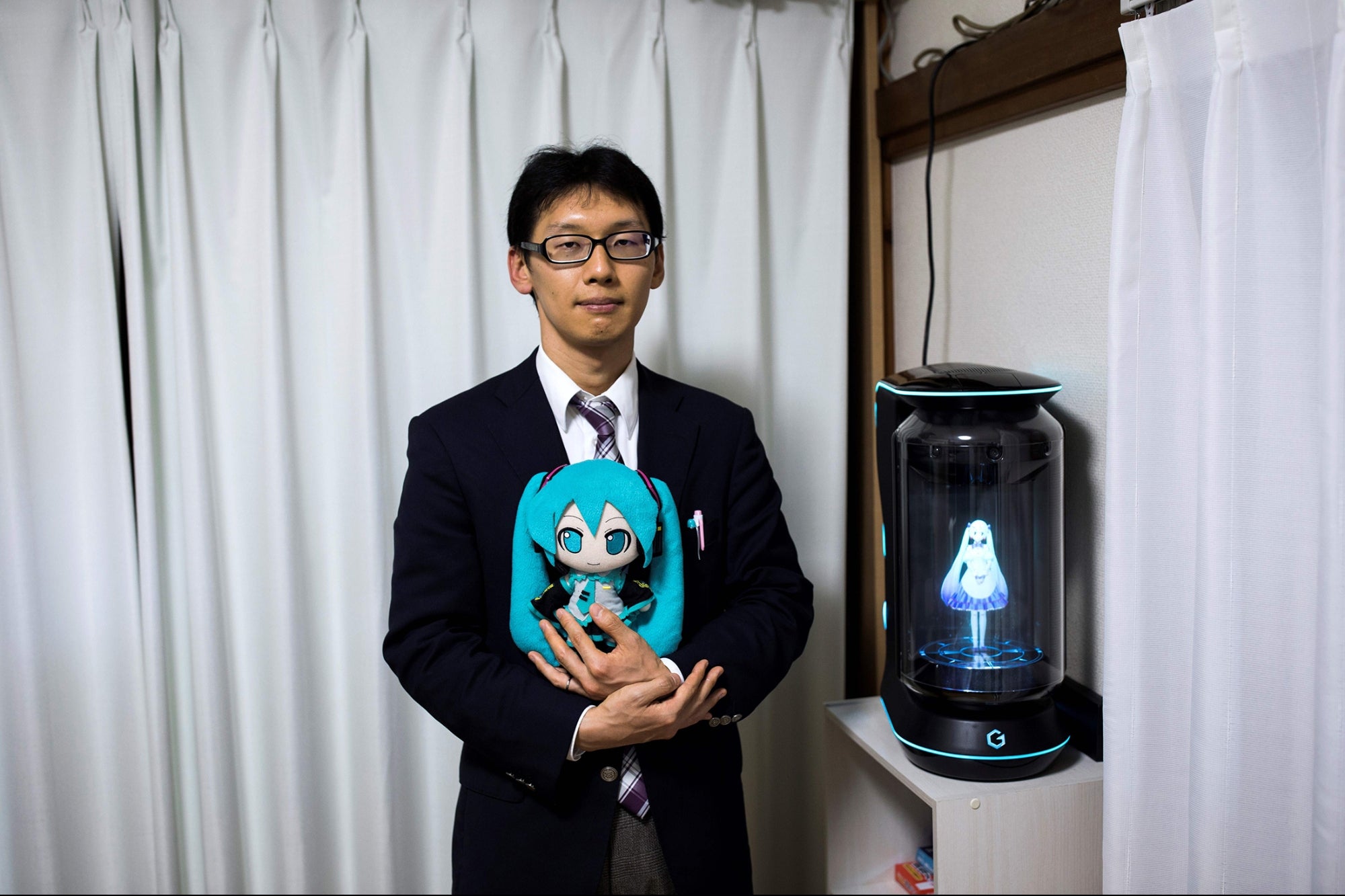The Only Thing Scarier Than Self-Driving Cars Are the Hackers Waiting to Attack Them A new study claims that nearly 54 million autonomous vehicles will be sold by 2035. But as smart devices proliferate across all categories, risks abound.
By Geoff Weiss
Opinions expressed by BIZ Experiences contributors are their own.
Imagine a world in which hacking wasn't so much an issue of personal intrusion as a practice that could quite literally murder.
That world may not be far off. A wild proliferation of self-driving cars is expected by 2035 that will be both tantalizing to hackers and critically vulnerable to malware, analysts caution.
Self-driving cars are expected to initially hit roads in 2020, but by 2035, nearly 54 million autonomous vehicles will be sold, according to a recent study by global research firm IHS. And after 2050, virtually all vehicles in both the personal and commercial realms will be self-driving.
Related: Crafts Store Michaels May Be the Latest Victim of a Data Hack
While this year's CES show foreshadowed that an "Internet of Things" as well as new categories of smart devices are poised to pervade our lives, the hazards that these developments are bound to present will inevitably increase in both frequency and severity.
"For cars to be able to self-drive, they have to be able to negotiate with each other," Eddie Schwartz, Verizon Enterprise Solutions' vice president of global security solutions, told The Guardian. "You can't negotiate something like that without having some security principles behind it."
Nevertheless, the advantages to having self-driving cars on the road are crucial, according to the IHS study. Accident rates for self-driving cars are likely to plummet near zero, IHS reports, and both traffic and air pollution are predicted to decline as driving patterns will be optimally automated.
Related: Uh, Did Your Refrigerator Just Send Me an Internet Virus?
The full repercussions of potential hacks, on the other hand, would pummel a cyber-security industry that "is still 40 years from maturity," Schwartz said. And that's not to mention the myriad legal issues, insurance industry evolutions and transforming questions of liability that would have to catch up with the technology.
Another sign that these questions may need to be addressed in the not-so-distant future? Even normal cars are susceptible to cyber attacks. Last August, researchers used a laptop plugged into the diagnostics port of both an Ford SUV and a Toyota Prius to brake and accelerate the cars and control their steering wheels.
In 2011, researchers achieved similar access through Bluetooth technology, mobile data and even a malicious audio file burned onto a CD.
Related: The Ridiculous Thing One Congressman Said About Self-Driving Cars











